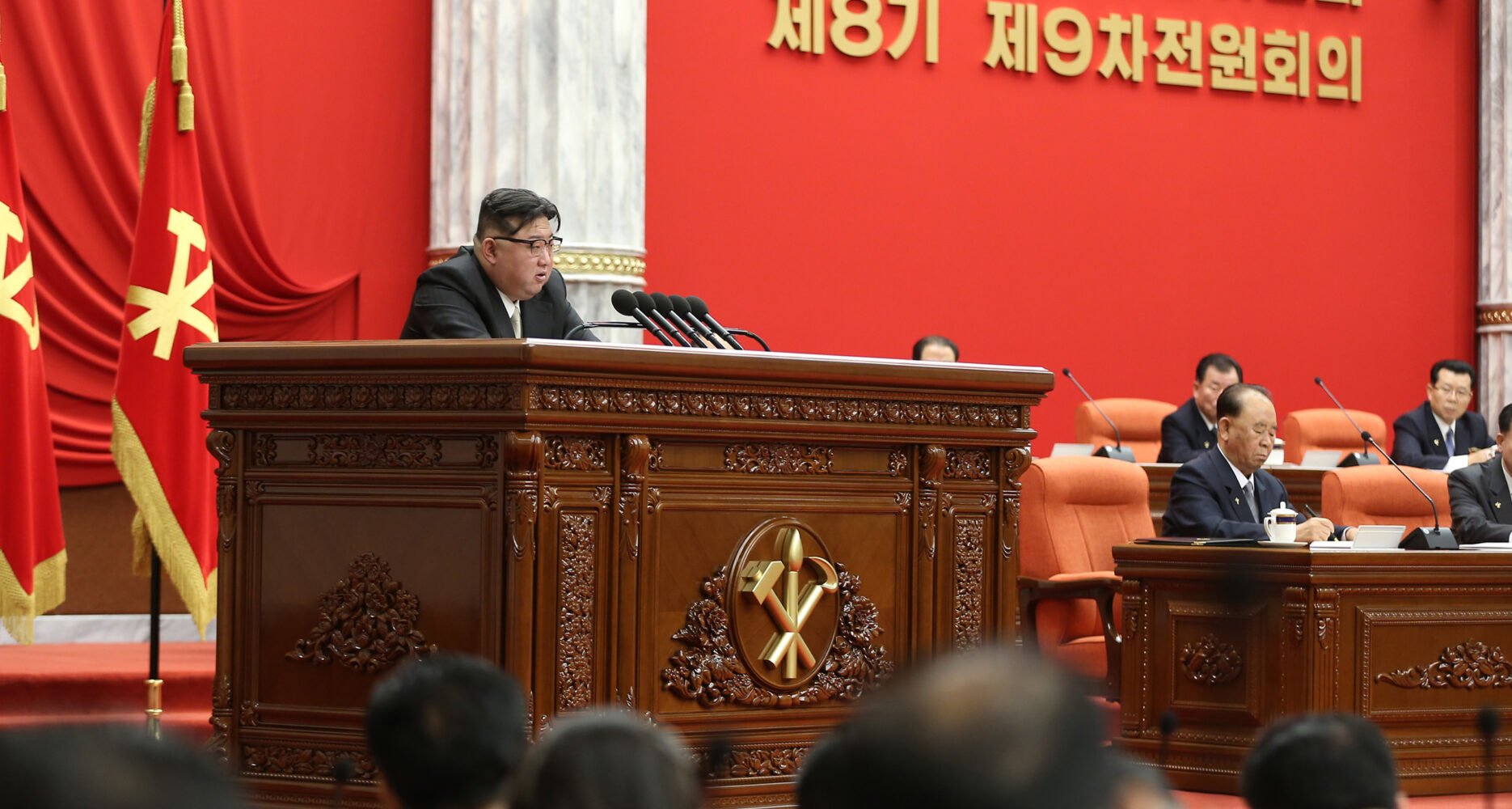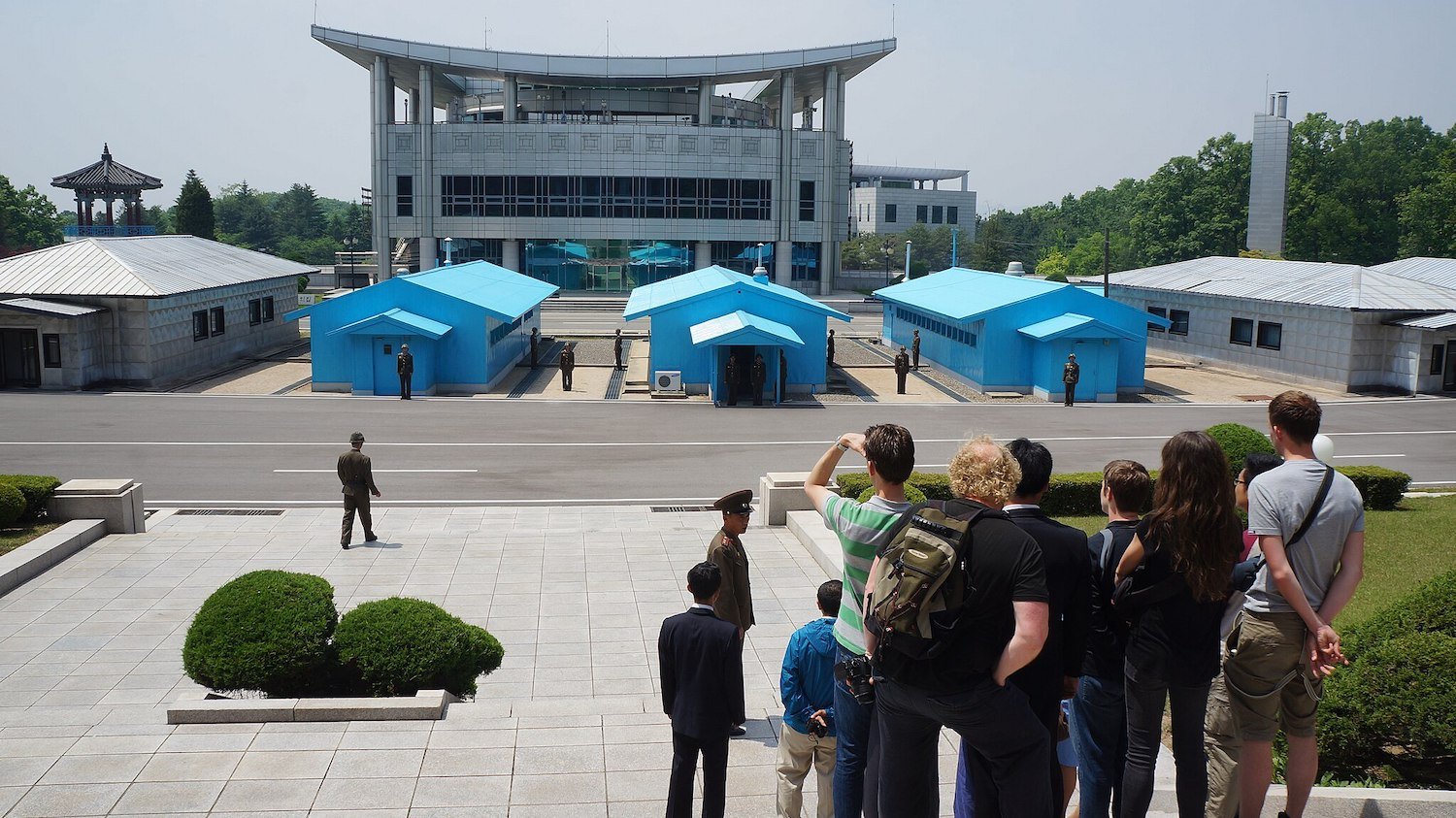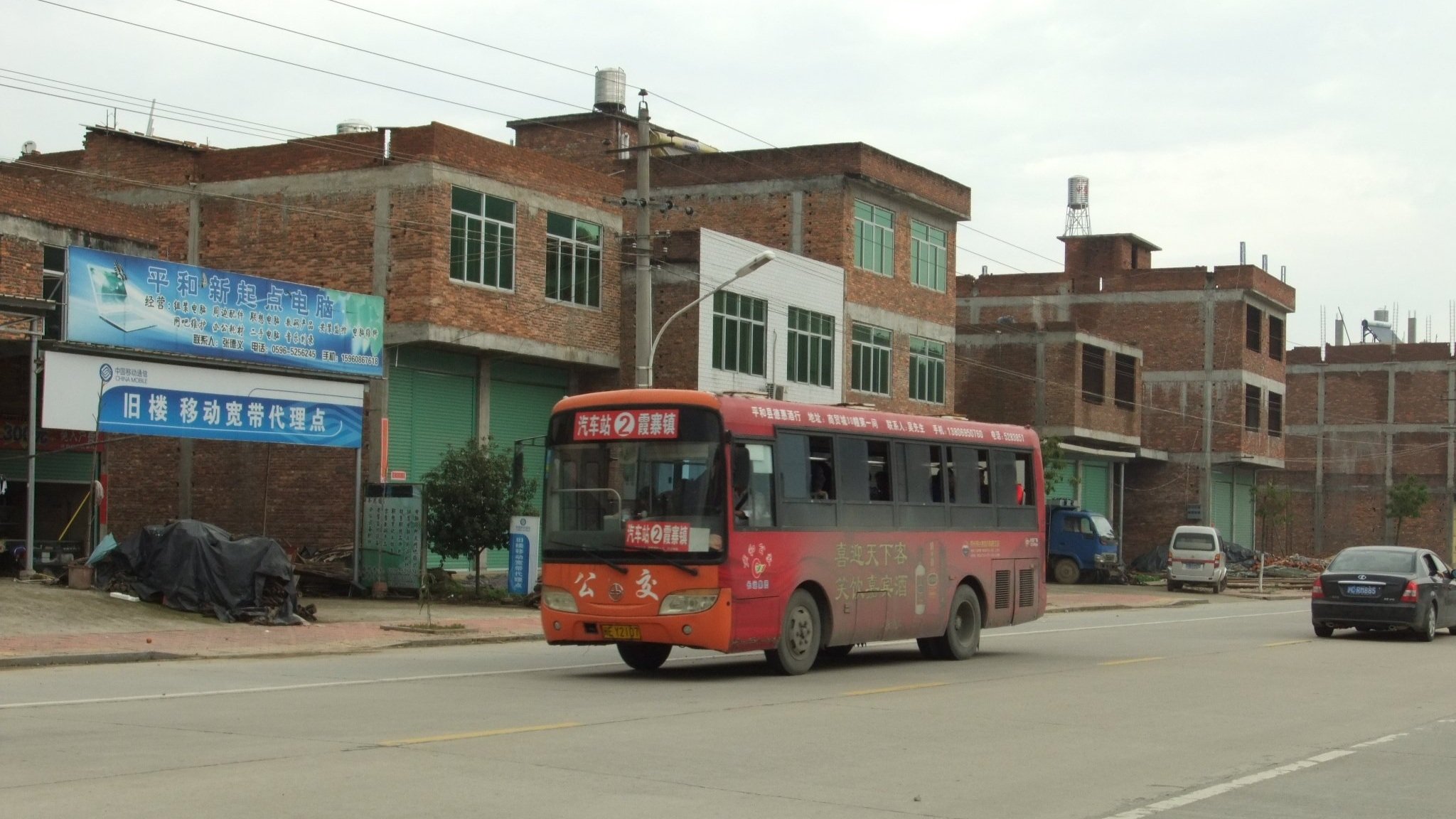A propaganda image for the occasion of the 112th birthday of late founder Kim Il-sung. (Yonhap)
As North Korea prepares to celebrate the 112th birthday of its founding leader, Kim Il-sung, orchestrated festivities can be felt across Pyongyang. It is a tradition that North Korean state media, which is often known for its artful manipulation of narratives, would paint a picture of unity, loyalty and unwavering devotion by its people to the Kim dynasty on the late Kim’s birthday, also referred to as the “Day of the Sun.” Ever since April 15th was designated a holiday in 1997, citizens have participated in mass parades, choreographed dancing and patriotic singing in “songs of loyalty” competitions. Considered as one of North Korea’s most important holidays, all surrounding events leading towards the senior Kim’s birthday are usually meticulously choreographed to pay homage to the man who laid the foundation of the country’s identity with the Juche ideology.
KIM’S BIRTHDAY PREPARATIONS
North Korea is known for holding mass anti-U.S. rallies, pledging “merciless” revenge against “U.S. imperialists,” to reinforce its own legitimacy and to fuel anti-American sentiments, its long-term enemy state. Ahead of Kim Il-sung's birthday this year, the DPRK has ordered that its youth be further indoctrinated with an anti-American and anti-imperialist class consciousness as North Korea marks the 73rd anniversary of the start of the Korean War. As the Day of the Sun approaches, the country’s efforts to garner more loyalty and prevent ideological laxity among the youth serve as a reminder of the complex war game dynamics among North Korea, the U.S. and South Korea.
In particular, the authorities blamed young people for being too money-driven and for only focusing on maintaining their own economic stability without considering the welfare of, and thereby showing loyalty to, the party and the state. Therefore, there is a need to require training sessions on ideology and class consciousness in every province so as not to let the country’s future disappoint the Workers’ Party. It is interesting to note that the trainings have been specifically designed to mention Ukraine’s loss in its war against Russia due to its dependence on the U.S., as well as to instill a strong hostility toward Japan and the “puppet state,” South Korea.
TONED DOWN FESTIVITY IN 2024
The Rodong Sinmun reported on the grand preparations for the 33rd April Spring Friendship Art Festival to be held on the occasion of Kim Il-sung's birth anniversary, which would include performances by around 20 art troupes from Russia, China and Mongolia in the event. However, it is “unusual” for North Korea’s state media to refer to the Day of the Sun as simply “the April holiday.” Surprisingly, the annual cooking festival held every April to mark Kim’s birthday has also been renamed without reflecting the term “Day of the Sun” this year.
The dropping of the reference has led some, including Yang Moo-jin, president of the University of North Korea Studies, to speculate that the current leader, Kim Jong-un, intends to diminish his grandfather’s feats while maintaining the legitimacy of the Paektu bloodline. When asked if North Korea view of the late Kim’s birthday appears to be losing its importance, an official from South Korea’s unification ministry commented that “it will be appropriate to assess (what that means) after comprehensively looking at media reports coming out until April 15.” Kim Jong-un’s more subdued approach to celebrating his grandfather’s birthday may also be explained by his own preference of low-key birthdays, as he reportedly turned 40 in January with no public celebrations.
Nevertheless, despite there being no grand plans of celebrations announced ahead of Kim Il-sung's birthday, the South Korean military remains vigilant to Pyongyang’s possible preparations for provocations during this period leading to Kim’s birthday and the founding anniversary of the Korean People’s Revolutionary Army on April 25, especially amidst rising tensions in the Korean Peninsula.










































